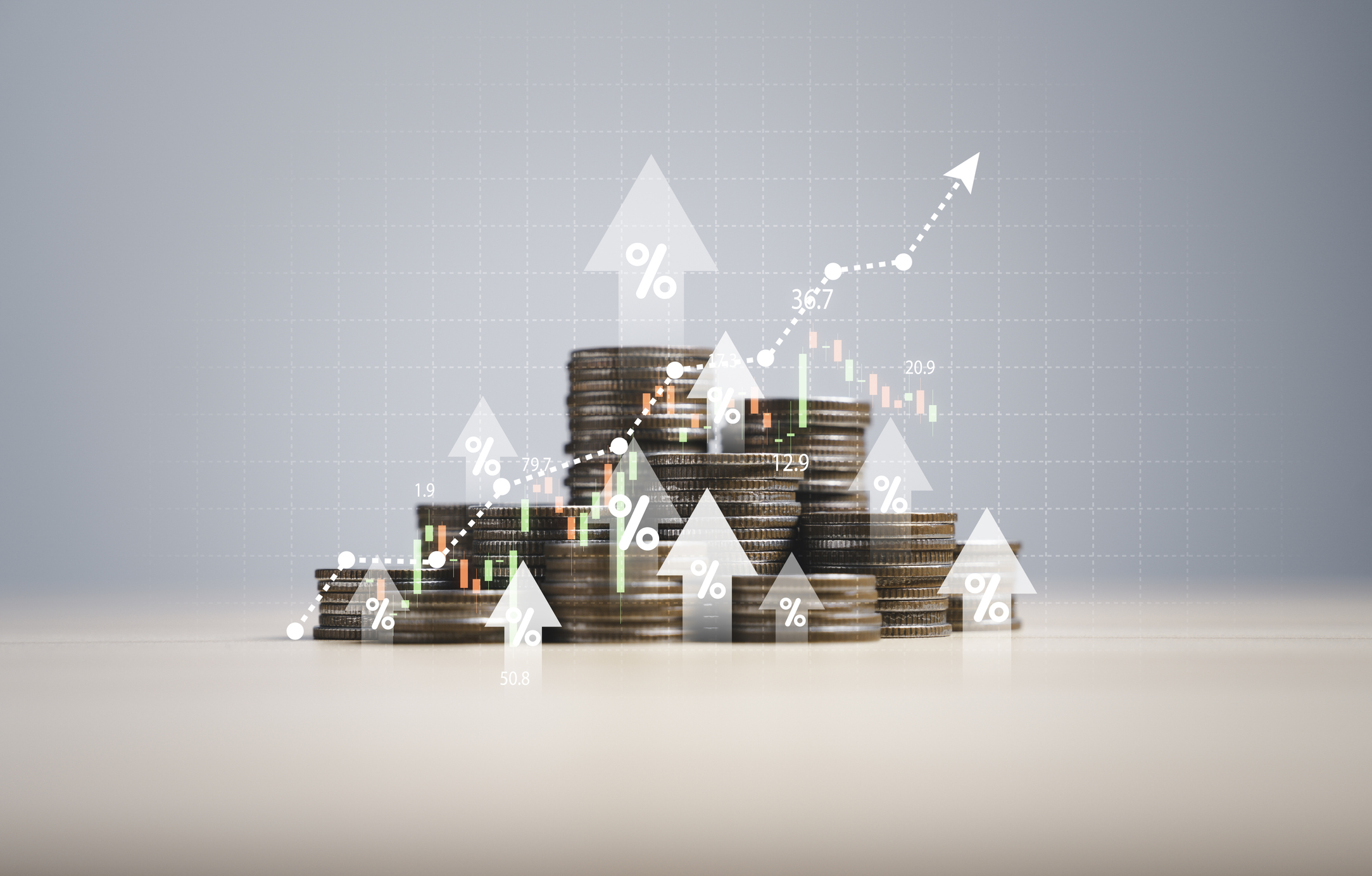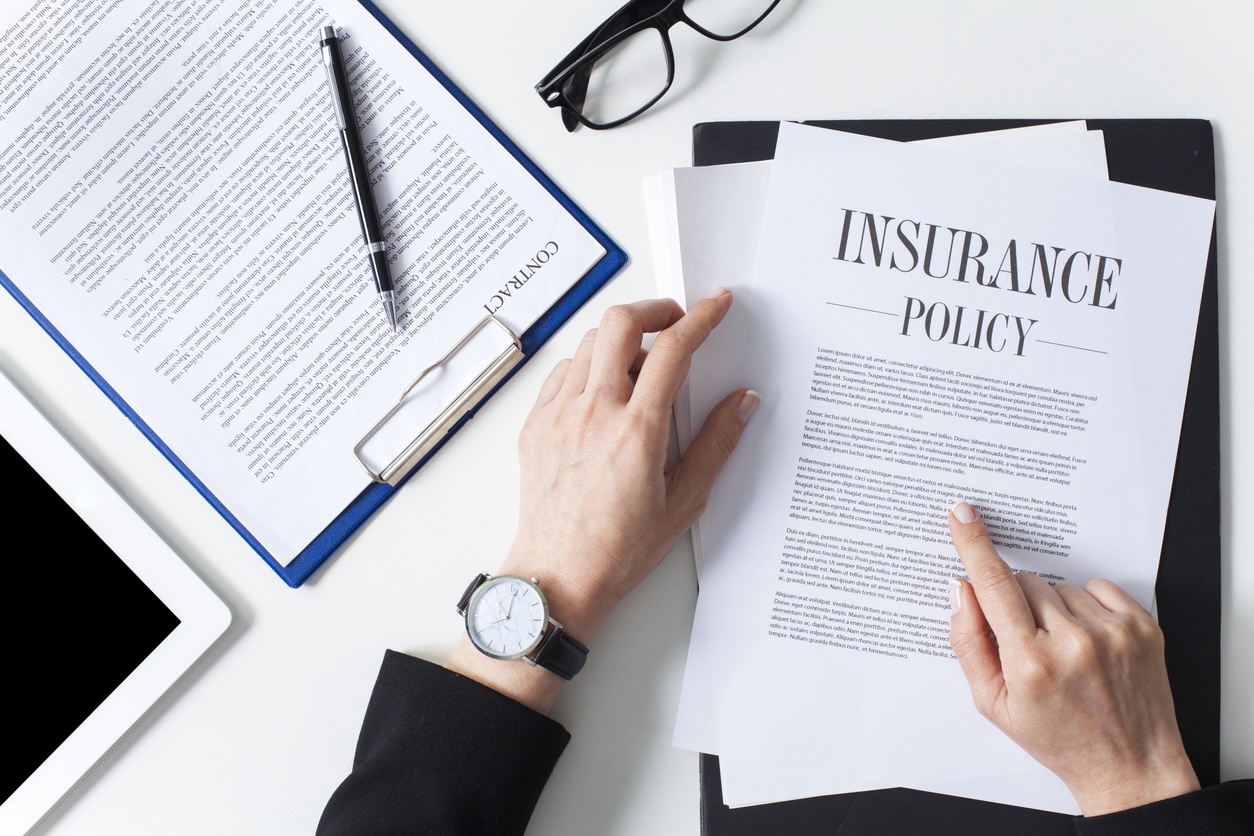
Key takeaways:
- There are big benefits to high-yield savings accounts, including having money close at hand.
- You might consider using one of these consumer-friendly accounts for your emergency fund.
Interest rates are higher on all kinds of loans, from mortgages to auto loans… but on the plus side, higher rates also mean you can earn a bit more for your savings. In this article, we’ll cover everything you need to know about why high-yield savings accounts are something you should be thinking about.
You’ve probably heard the adage that you should always have cash accessible equal to at least six months’ worth of your basic living expenses. That’s good advice, and the good news is that right now, parking money in a savings account is a good move.
Six months is a rough rule of thumb. You may want to put aside eight- or nine-months’ worth. Just be sure that in a worst-case scenario – sudden job loss, natural disaster, unexpected medical situation, or something else – you have enough money immediately on hand that you don’t have to worry about paying your mortgage or covering essentials.
And when we say “immediately on hand,” we really mean immediately – not in stocks that you have to sell or bonds you have to redeem. You want to have your emergency funds in cash, readily available, preferably at a bank or a credit union.
That’s because both those types of institutions guarantee your deposits, up to $250,000. In a worst-case scenario, like a run on the bank, you wouldn’t lose any of your money up to that threshold. Keep in mind that you can’t get immediate accessibility – at least without incurring a substantial early-withdrawal penalty – with other types of short-term investments, like certificates of deposit (CDs).
And right now, you can get some great rates on savings accounts. As of early November, banks and credit unions around the country were offering yields of over 5% for savings. It pays to poke around a bit and see where you can find the best deals. If you find something that pays well, you may want to contact the financial institution where you have your checking account or mortgage to see if they’ll match it.
There are some downsides to high-interest savings accounts, however. First, their rates are subject to change at any time, although they generally follow the path of interest rates set by the Federal Reserve, and most economists don’t think those are likely to change any time soon.
Also, savings accounts may have minimum deposit requirements, and getting the highest rates available may require more money. As we noted above, determining the “right” amount to keep in an emergency fund is personal. You want to strike the right balance between having enough money at hand to be safe in an emergency, but not tie up money that might be better put to work elsewhere.
Still, it’s hard to beat 4% or 5% returns to keep money just lying around for when you need it!
The blog articles published by Unlock Technologies are available for informational purposes only and not considered legal or financial advice on any subject matter. The blogs should not be used as a substitute for legal or financial advice from a licensed attorney or financial professional. Links in our blog posts to third-party websites are provided as a convenience and are for informational purposes only; they do not constitute an endorsement of any products, services or opinions of the corporation, organization or individual. Unlock Technologies bears no responsibility for the accuracy, legality, or content of external sites or that of subsequent links.



